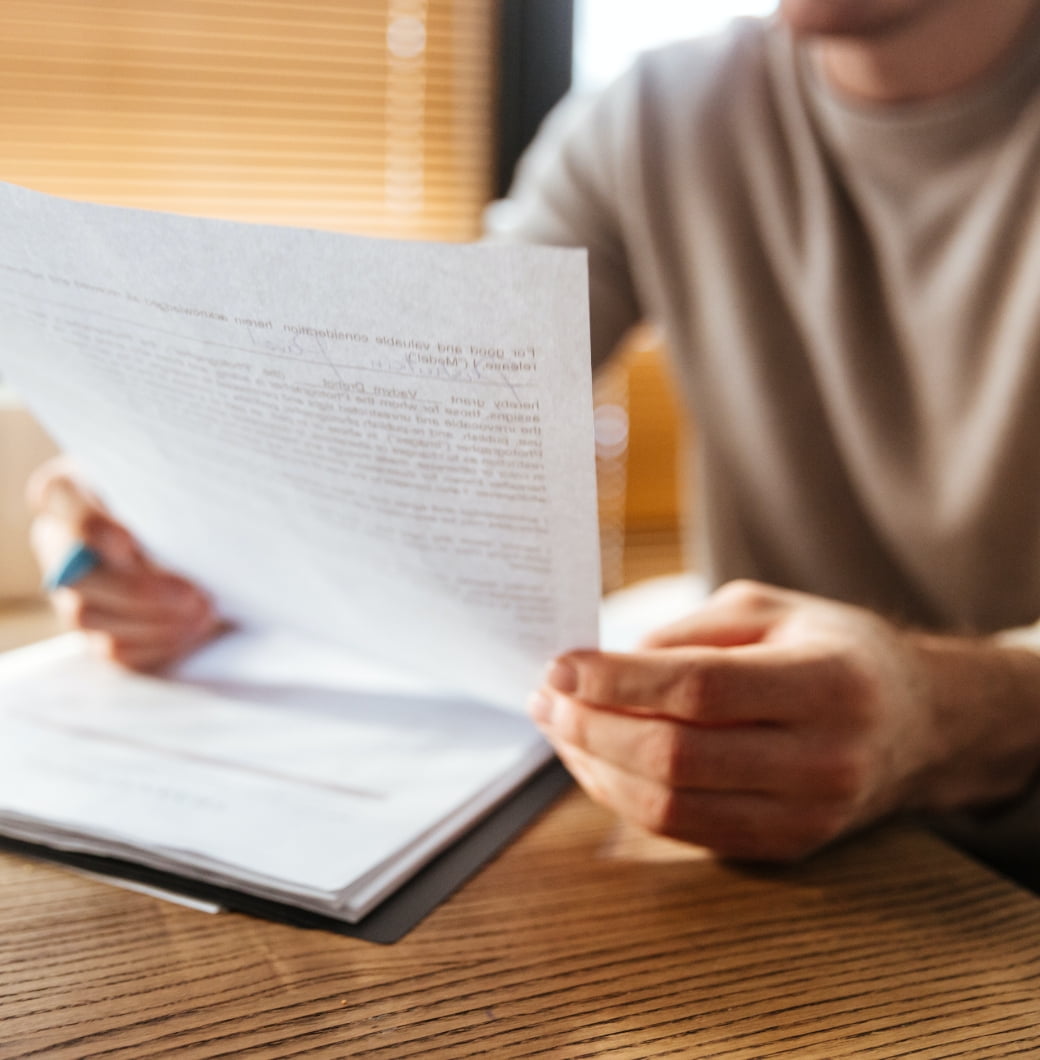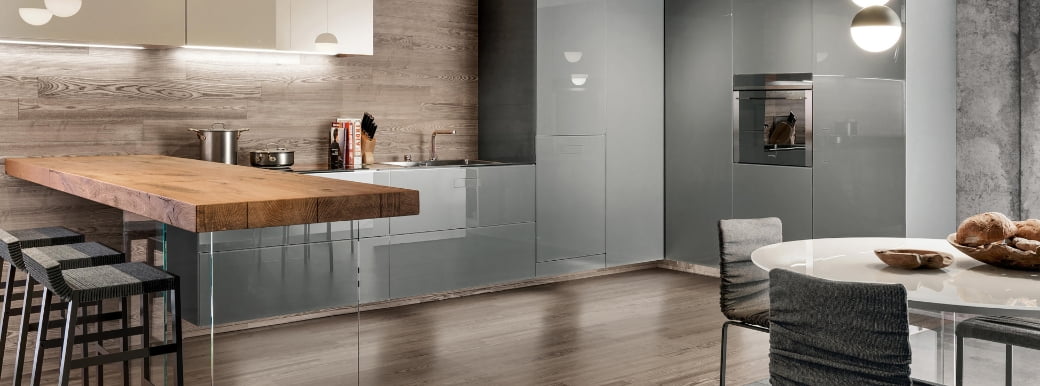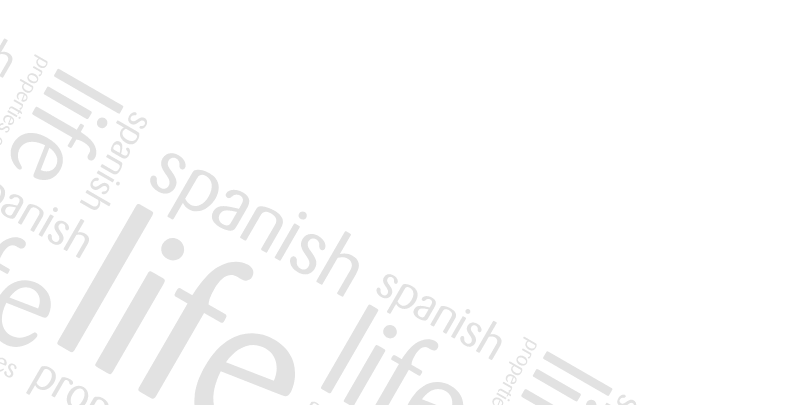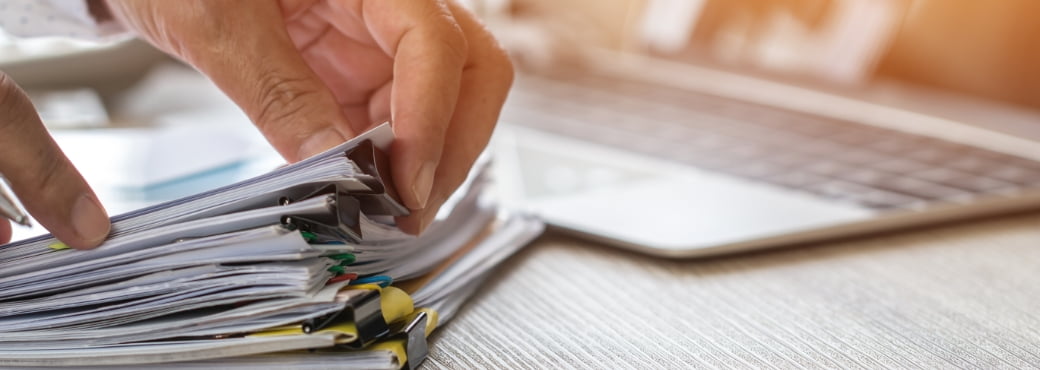A free guide from Spanish Life Properties

Purchase Process in Spain
The Reservation Contract and deposit
Once your estate agent and lawyer have discussed the purchasing terms and conditions with the seller and an agreement have been reached, the next step is to formalise this verbal understanding through a written contract. This document is known as the Reservation Contract (Contrato de Reserva) and should be signed by both you or your representative and the seller. It might also include details about payment terms, estimated dates for exchange of contracts and completion. If both parties accept the terms in the contract a binding agreement is created.
It is standard practice in Spain for this Reservation Contract to be accompanied by a sum of money which is paid by the buyer to demonstrate to the seller that there is a real intention to purchase. This money is known as a Reservation Deposit (Señal de Reserva) and usually amounts from €3,000.
Once this deposit has been paid, the property is taken off the market and the price is frozen for a specified period of time.
It is very important to remember that this deposit is usually non-refundable. In other words, if you do not exercise the purchase within the period of time established in the Reservation Contract the seller is under no obligation to return your money. However, if the seller backs out of the deal he will have to return your deposit.


Exchange of Private Purchase Contracts
(Contrato Privado de Compraventa)
A private purchase contract is essentially the same as contracts you will have signed as part of the transaction to buy property at home. It creates a binding agreement between you and the seller, establishes a completion date and sets out the terms and conditions of the sale. Some terms may not be explicitly mentioned in the contract because they are implied by the law governing transactions of this kind. The Private Purchase Contract is usually signed around two weeks after the Reservation Contract.
In the period before you sign the contract your lawyer will have completed the major part of the legal searches that you need before proceeding to completion. He will have obtained a certificate (nota simple) from the Property Registry (Registro de la Propiedad), where information such as the owner of the property, encumbrances on the land and mortgages are registered.
Your lawyer will also have been involved in negotiating the terms and conditions contained in the contract. In particular, he will have established a schedule for the payment of any outstanding debts connected with the property. It is essential that a formal agreement is established on the cancellation of these debts before proceeding to completion. This safeguards you as a buyer because if the seller reneges on the agreement you are entitled to withdraw from the sale and claim for damages incurred or deduct the debts from the sale price together with any related expenses, in some cases.
At this stage it is customary to pay a percentage of the purchase price. If you are buying a resale property 10% of the purchase price is usually paid, if you are buying off-plan you will probably pay between 20% and 50%.













